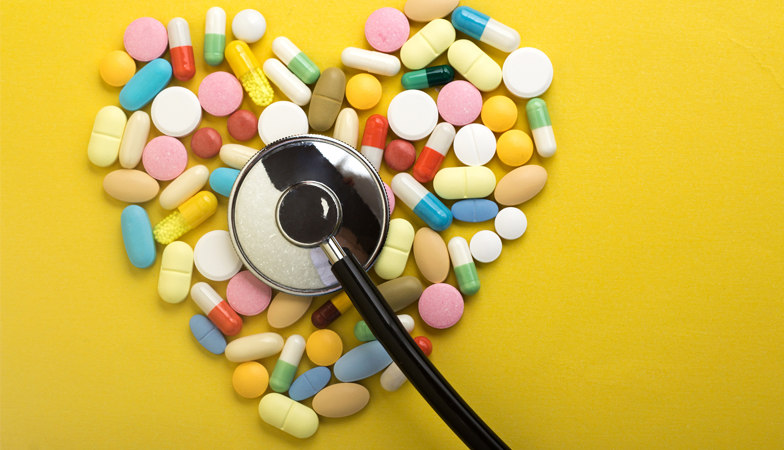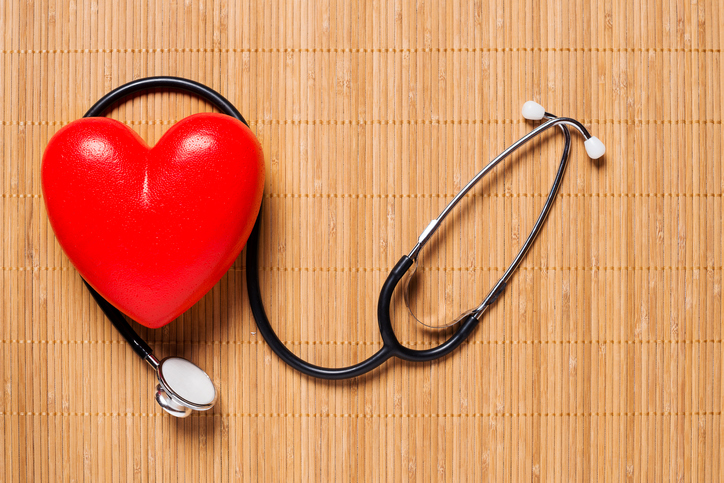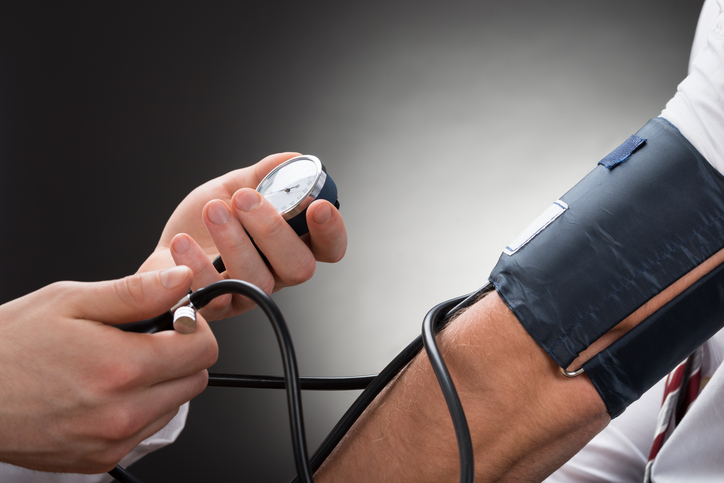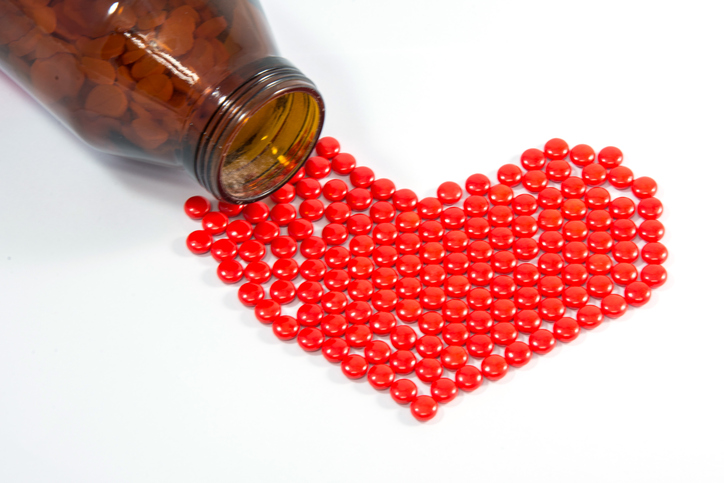The heart health supplement ubiquinol – sometimes called Coezyme Q10 – is exciting researchers and doctors alike for its benefits to heart health and energy. Anna Magee reports
It may come as a surprise to you that heart disease claims more British lives than any other illness, -including all cancers – put together. In fact, each day some seven million people live with cardiovascular disease (CVD) while 435 people will lose their lives to a the illness while almost 200 will die of a heart attack, according to the British Heart Foundation. It’s no surprise then, that prescriptions for statins, the most widely prescribed drugs in the UK, used to help lower cholesterol cost the NHS a staggering £285 million a year.
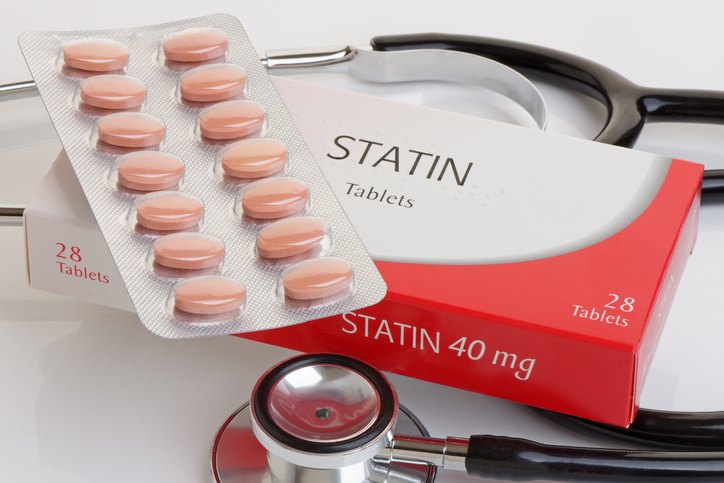
But while we often hear about diet and lifestyle changes, it’s rare to hear of a supplement that could have an effect on our hearts. However one, ubiquinol, (sometimes called Coezyme Q10 or CoQ10) is exciting researchers and doctors alike for its benefits to heart health.
What is ubiquinol?
Found in almost every cell in the body, ubiquinol is a fat-soluble vitamin-like substance that cells use to make energy. It also functions as a powerful antioxidant to help fight free radicals that can damage cells and DNA, says GP Dr Sarah Brewer. ‘As you get older, your body produces less and less ubiquinol and those with long-term health conditions such as diabetes, heart problems and Parkinson’s disease, tend to produce less,’ she says. Even if you don’t have heart disease, supplementing with ubiquinol can help combat the lack of energy you experience as you get older. Ubiquinol is naturally present in wide variety of foods with highest levels present organ meats such as heart, liver and kidney as well as beef, soy oil, mackerel and peanuts, but the levels in such foods aren’t high enough to get the benefits seen below.
What’s the best form of CoQ10 to take?
‘Co-enzyme Q10 forms a vital part of the electron transport chain that generates energy within each cell’s equivalent of batteries – the mitochondria,’ says Dr Bewer. ‘Ubiquinol is the most readily absorbed form of CoQ10 and is one of the most powerful fat-soluble antioxidants in the body and is also the major form of active CoQ10 in the body (over 95%).’ Bear with us here – ubiquinol is the reduced form of co-enzyme Q10 and is the next generation on from ubiquinone which is the oxidised form of CoQ10.
‘Ubiquinol is 3-8 times more absorbable by the body than ubiquinone Coenzyme Q10,’ says Dr Brewer.
Moreover, taking ubiquinol means the nutrient can move through the through the blood faster and be absorbed better by the cells. While young people can convert CoQ10, once you’re over the age of 30, the body finds it harder and harder to convert CoQ10 to ubiquinol, it’s more advanced, absorbable form.
How much ubquinol should I take?
‘While the recommended dose for ubiquinone co-enzyme Q10 is often 200mg or higher, depending on why it is used – doses as high as 600mg have been used in clincial trials to treat hypertension – the recommended dose of ubiquinol co-enzyme Q10 is 100mg as it is better absorbed and used in the body at such levels,’ says Dr Brewer. ‘100mg ubiquinol or 100mg to 200mg ubiquinone Coenzyme Q10 is recommended for those aged 50 and over, and for those of any age taking a statin drug’.
5 heart health benefits of ubiquinol CoQ10
Researchers now report that CoQ10 may have significant benefits for people with cardiovascular disease, from reducing risk of repeat heart attacks, to helping the muscle spasm that occur to those that take statins and improving the symptoms associated with heart failure.
1. Preventing heart attacks
Research shows there are strong links between ubiquinol consumption and overall heart health. A long-term study, published in the Journal of the American College of Cardiology, found supplementation with CoQ10 (ubiquinone) significantly reduced adverse heart events like heart attacks by 43 percent. One study found that people who took daily CoQ10 supplements within three days of a heart attack were less likely to have subsequent heart attacks and chest pain. They were also less likely to die of heart disease than those who did not take the supplements. In the study, on 420 patients from around the world who experienced heart failure were given coenzyme Q10 (CoQ10) and half were given a placebo along with other standard treatments. CoQ10 halved the risk of patients suffering death or serious deterioration symptoms, including hospitalisation with only 29 (14 per cent) patients in the CoQ10 group had such an event compared with 55 (25 per cent) patients in the placebo group. What’s more, CoQ10 also halved the risk of dying from all causes, which occurred in 18 (9 per cent) patients in the CoQ10 group compared to 36 (17 per cent) patients in the placebo group.
3. Lowering blood pressure
In an analysis of 12 clinical studies, researchers reported that CoQ10 has the potential to lower blood pressure. The review, published in the Journal of Human Hypertension concluded that taking CoQ10 could lower systolic blood pressure (that’s the number at the top of your BP reading) by up to 17MM Hg ad diastolic pressure (the one at the bottom) by 10 mm Hg without significant side effects.
2. Cholesterol health
In people who have raised cholesterol, and who are taking a statin drug, ubiquinol can be helpful, says Dr Brewer. ‘Statins switch off production of coenzyme Q10 in the body and ubiquinol supplmenens can replenish these levels without affecting the cholesterol lowering action of the statin drug,’ she explains.
4. Reducing the side effects of statins
While taking stains can reduce the risk of heart attack and stroke, they have trade-offs. Most notably, some 25 per cent of those taking them stop after only six months because of the muscle aches and weaknesses they experience; a known side effect of the drug. ‘Statins lower levels of co-enzyme Q10 which is needed for energy production in muscle cells, so if energy production is reduced by lower production of CoQ10 this can cause muscle-related side effects,’ says Dr Brewer.
In a randomised published in 2014 in Medical Science Monitor, statin users with muscle pain were given CoQ10 twice a day for a month compared to a control group given a placebo. 75 per cent of those on the CoQ10 reported reduced pain compared to no improvement in the placebo group prompting the researchers to suggest that combining CoQ10 supplements with statins could perhaps help people stay on the treatment.
‘As statin medications deplete your body of ubiquinol, if you’re taking or considering taking statins to help manage your cholesterol, talk to your doctor about supplementing with ubiquinol,’ advises Dr Brewer. ‘Traditionally, Coenzyme Q10 has been one of the most popular heart health supplements used by people taking statin medications to lower their cholesterol but now studies have shown that taking ubiquinol – its more advanced form – is the best way to restore healthy levels of total CoQ10 level if you are also taking statins’. In fact, research has shown that ubiquinol supplementation over a six month period can statistically, significantly reduce muscle pain and sensitivity by 53.8 percent, she asserts.
5. Energy and performance
The wonders of ubiquinol far outreach those of heart health and it has often been known as the ‘spark’ vitamin as our body needs ubiquinol to generate energy. ‘Ubiquinol acts within your cells to naturally increase energy levels and there are scientific studies that have indicated that ubiquinol may be an efficient way to help restore healthy levels and support optimal energy levels,’ says Dr Brewer. ‘It’s also being looked at by athletes as a study, published by the Journal of Sports Nutrition, found ubiquinol supplementation resulted in significantly enhanced physical performance compared to athletes who received a placebo.
Doctor’s advice for taking ubiquinol
Dr Sarah Brewer has the following advice for anyone considering taking ubquinol
- If you are under 30 years of age and in good general health, try a dose of 30mg ubiquinone.
- If you are aged 30 to 40 years and in good general health, a dose of 60 mg ubiquinone may be sufficient. If you are experiencing fatigue, reduced fertility, or are on a statin drug, try a dose of 100mg ubiquinol (or 200mg ubiquinone).
- If you are aged 40 to 50 years and in good general health, a dose of 100mg ubiquinone may be sufficient. If you have high blood pressure, are taking a statin or have heart problems, a dose of 200mg ubiquinone or 100mg ubiquinol may be better
- If you are over the age of 50, a dose of 100mg ubiquinol is ideal.
As CoQ10 is fat soluble, it’s best taken with food to improve absorption. It usually takes at least three weeks and occasionally up to three months to notice the full benefits.
Today is World Heart Day
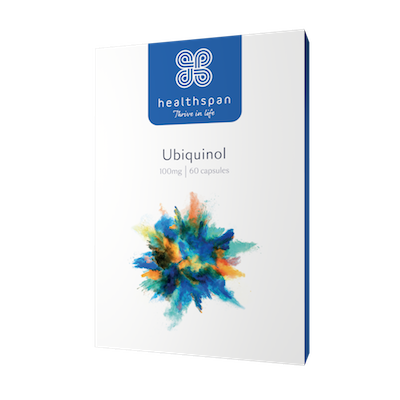
Like this article? Sign up to our newsletter to get more articles like this delivered straight to your inbox.



